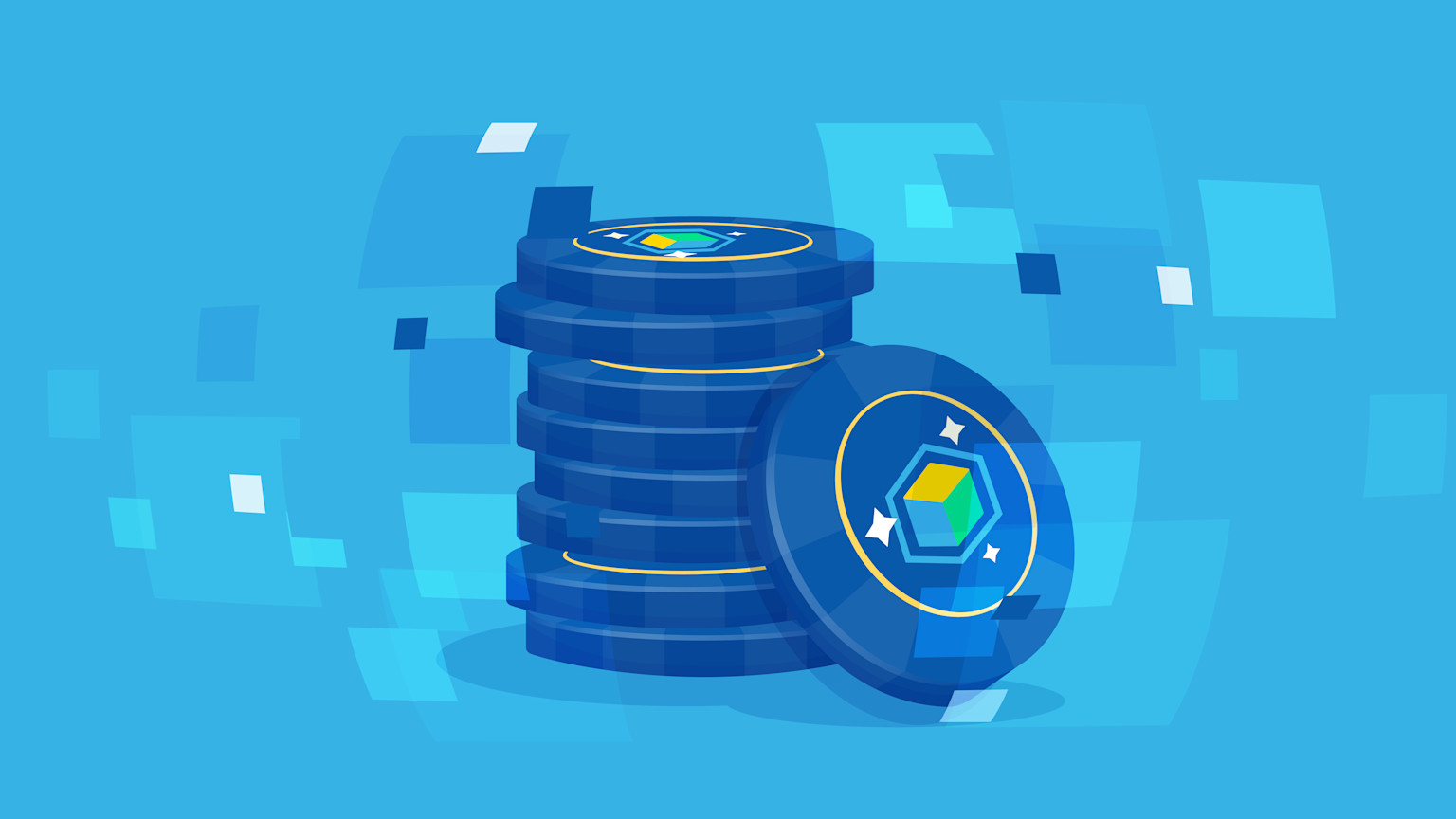Paolo Negri on how to design a tech stack that will win against unrelenting change

Paolo Negri knows a little something about change. As the co-founder and CTO of Contentful, he's watched the business grow from a handful of people to the company it is today, with its global team of over 450 employees serving thousands of customers, including 28% of the Fortune 500 companies. And it's not a stretch to attribute some of Contentful's success to Paolo’s keen eye — he's been the one monitoring the tech trends that have shaped the company and the industry. Take GraphQL, for example. Paolo believed in the power of GraphQL when it was just a trend, before it became an essential tool for developers everywhere.
Now, Paolo is focused on a new challenge: building platforms that enable the growing connectedness of digital experiences. "The expectation that customers have is a completely integrated digital experience; what they expect is for the digital experience to be an interface with the business or enterprise," Paolo says. "Customers expect information about the product, content, supply chain information, fulfilment information and support." Paolo puts it this way: customers were satisfied with having a window into businesses — now they want to step inside the walls.
For Paolo, this compound need is the main challenge for those faced with choosing technology platforms. A platform has to assemble all of this information and present it to the right person at the right time. It needs to come together in a way that best serves the customer.

Silos: the enemy of connectedness
Silos are a problem because they make assembling this information, and presenting it to the customer, almost impossible. Negri gives the example of marketing systems. Historically, there has been no need for a marketing system (like a CMS) to pull in, as an example, fulfillment information or business data. It was used for marketing purposes and marketing purposes only. With customers now wanting to interact with all aspects of the business from digital channels, the marketing system can't sit separately from the rest of the business. Instead, the marketing system, and the people who work with it, need to bring more aspects of the business into the experience. Whether they're software developers or copywriters, different personas need to come together to compose and orchestrate digital experiences.
What to buy and what to build
So, how do you buy or build a tech stack that can connect and integrate? Paolo says not to waste time building generic solutions; there are plenty of apps out there which specialize in providing the fundamentals. Instead, it’s best to focus on what is specific to your business and build custom solutions for just those components. This is why extensibility of core platforms is so essential. When your stack is designed with clear interfaces that allow you to build on top of it, you can consistently update and upgrade it with the best tools and services available — or build business-specific functionality on top.
Paolo also recommends building with the idea that you will keep on building. Despite predictions and forecasts, you know that your stack will need to continue to evolve and adapt. It’s not only about picking the best for the current situation — it’s about building with change in mind. Negri thinks the best way to prepare is ensuring your foundational tools are extensible. "You want to work on a platform that was made to be built on top. Where there is a clear, well-defined framework on how continued building is supported," Paolo says. There also needs to be a safe environment — or to put it bluntly, an environment where you can't break things. It has to have the right boundaries and the right skilling framework.
Paolo explains that extensibility is foundational to Contentful as a platform, both internally and externally. The app framework, which we launched last year, allows Contentful users to extend their content platform's functionality with the best tools and services available. But it goes the other way too. With Contentful, we can update the platform’s foundations while the solutions and applications built on top stay stable. Customization shouldn't ossify your development and lock you into specifics, says Paolo; instead, it should allow you to keep building sustainable architectures that you can change and evolve as you need.
And when it comes to buying new components of your stack, it helps to look at its surrounding ecosystem. Which player has the scale and the organizational maturity behind the technology? Who is supporting the technology? Will people want to work with it, or is it a product that people won't want to use? Is there a community of professionals that want to work with this tech or this platform? According to Paolo, these are all questions you should ask before signing the dotted line. Technology is more than a list of features; you need to think about the processes and people who will have to work with it.
Availability and scalability are business opportunities
We often think of scalability and availability as limitations, but Paolo believes this is the wrong idea. Rather than thinking of them as areas where you can only stand to lose, he says, "you should ask: how much can the business gain if it chooses to be highly available?" With digital channels taking over more and more of the customer journey, having infrastructure that’s ready to scale with peaks in demand means you’re serving more customers, whatever comes your way. Digital brings the possibility of new and better ways to be available. While you might be prepared for big events like Black Friday or Cyber Monday, there will always be unforeseen events and circumstances – something we all know from 2020. You want to be able to scale and operate without fail to serve your customers the moment they need you, no matter what arises.
One thing is for sure: the rate of change that we've experienced in the past year is here to stay, and it's a critical factor in designing your stack. "Digitization has an accelerating effect. Everything will come at us much quicker. We're all much more connected, and things can build up critical mass much quicker; things can change a lot quicker," he says. Paolo gives the example of electric cars. It seemed super slow for decades and then it started trickling in. Soon, electric cars will dominate the market. It was a slow burn that turned into a wildfire. Like many digital leaders we’ve interviewed, Paolo echos the same sentiment — the only constant is change. And change is happening a lot quicker than it was before.
For Paolo, what it all comes down to in the end is cultivating a better customer/business relationship. And it's a relationship that's not much different from most — it's built on trust. Customers want more information on what goes on behind-the-scenes. They want to know the processes that go into making the products and services, fulfilment details and they want more support. And importantly, they want this information at the right time. The reward is loyalty and devotion — on a scale that we haven't seen before. There is no room for ambivalence in a world of so much choice.
To hear more from Paolo Negri and other experts, subscribe to our digital forecast YouTube playlist.



